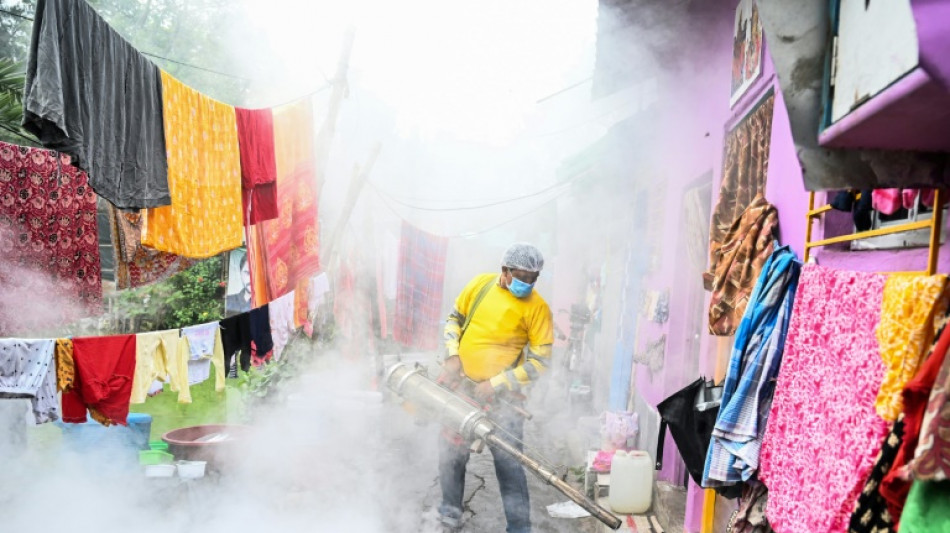
-
 AI-created Iran protest videos gain traction
AI-created Iran protest videos gain traction
-
Five things to know about Uganda
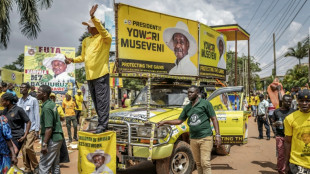
-
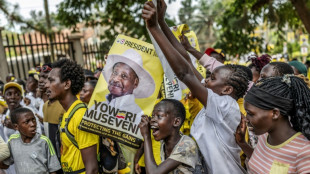 Uganda votes under internet blackout and police crackdown
Uganda votes under internet blackout and police crackdown
-
Dreams on hold for Rohingya children in Bangladesh camps
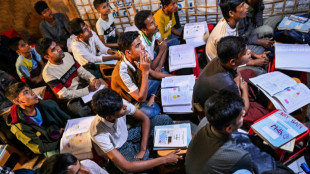
-
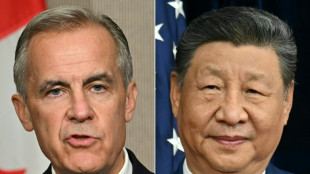 Canada's Carney in Beijing for trade talks with Chinese leaders
Canada's Carney in Beijing for trade talks with Chinese leaders
-
All Blacks fire coach Robertson less than two years before World Cup

-
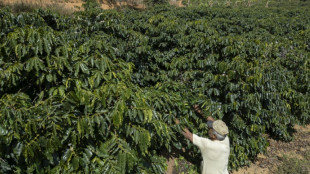 Long-awaited EU-Mercosur trade pact set for signing
Long-awaited EU-Mercosur trade pact set for signing
-
Trump embraces AI deepfakes in political messaging

-
 A year of Trump: US health policy reshaped in RFK Jr's image
A year of Trump: US health policy reshaped in RFK Jr's image
-
One year in, Trump shattering global order

-
 Hit TV show 'Heated Rivalry' a welcome surprise for gay hockey community
Hit TV show 'Heated Rivalry' a welcome surprise for gay hockey community
-
Spanish singer Julio Iglesias prepares defence against abuse allegations: Hola! magazine

-
 Actor McConaughey seeks to patent image to protect from AI
Actor McConaughey seeks to patent image to protect from AI
-
Musk's Grok barred from undressing images after global backlash

-
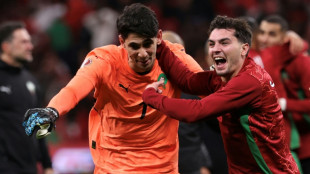 Hosts Morocco set up Senegal AFCON final showdown
Hosts Morocco set up Senegal AFCON final showdown
-
Trump says Iran killings stopped, Tehran says 'no plan for hanging'

-
 Chelsea paid for costly errors in Arsenal defeat, says Rosenior
Chelsea paid for costly errors in Arsenal defeat, says Rosenior
-
Morocco beat Nigeria on penalties to reach Africa Cup of Nations final

-
 Golden Globes viewership shrinks again
Golden Globes viewership shrinks again
-
Astronauts leave ISS in first-ever medical evacuation
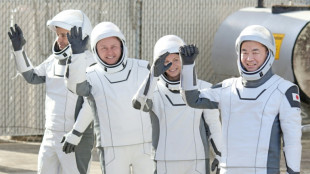
-
 NASA reports record heat but omits reference to climate change
NASA reports record heat but omits reference to climate change
-
Trump praises 'terrific' new Venezuela leader after call
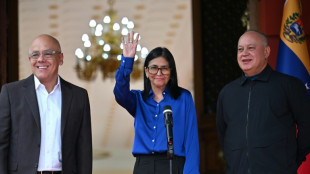
-
 Real Madrid crash out of Copa del Rey at Albacete on Arbeloa debut
Real Madrid crash out of Copa del Rey at Albacete on Arbeloa debut
-
Trump says Iran killings stopped as US scales back Qatar base

-
 Arsenal beat Rosenior's Chelsea in League Cup semi first leg
Arsenal beat Rosenior's Chelsea in League Cup semi first leg
-
US stocks fall again as Iran worries lift oil prices

-
 Inter extend Serie A lead to six points after Napoli slip
Inter extend Serie A lead to six points after Napoli slip
-
Bayern beat Cologne to move 11 points clear in Bundesliga

-
 Mane takes Senegal past Egypt into final of his last AFCON
Mane takes Senegal past Egypt into final of his last AFCON
-
Trump says Greenland will 'work out' after Denmark fails to bridge gap

-
 'Bridgerton' premieres in Paris promising 'Cinderella with a twist'
'Bridgerton' premieres in Paris promising 'Cinderella with a twist'
-
California begins probe of Musk's Grok over sexualized AI images

-
 Astronauts set to leave ISS in first-ever medical evacuation
Astronauts set to leave ISS in first-ever medical evacuation
-
Napoli's stalemate with Parma opens door for Serie A leaders Inter

-
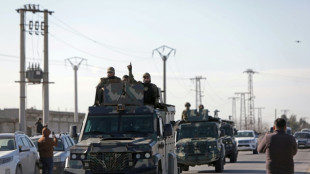 Syrian leader urges Kurdish integration as army sends troops east of Aleppo
Syrian leader urges Kurdish integration as army sends troops east of Aleppo
-
Denmark says White House talks failed to alter US designs on Greenland

-
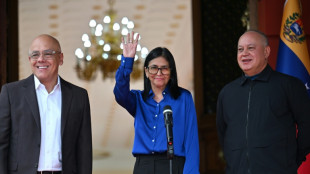 Venezuela looking to 'new era' after Maduro ouster, says interim leader
Venezuela looking to 'new era' after Maduro ouster, says interim leader
-
Mane takes dominant Senegal past Egypt into AFCON final
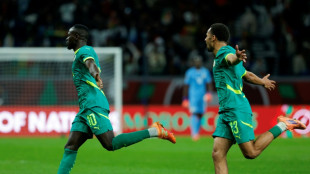
-
 UK police admit 'mistakes' over Maccabi Tel Aviv fan ban
UK police admit 'mistakes' over Maccabi Tel Aviv fan ban
-
Promoter says Joshua will return to ring when 'time is right' after horror crash

-
 California investigating Grok AI over lewd fake images
California investigating Grok AI over lewd fake images
-
Wales's Faletau set to miss bulk of Six Nations

-
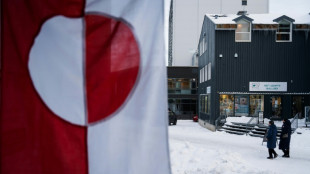 Denmark, Greenland wrap up crunch White House talks
Denmark, Greenland wrap up crunch White House talks
-
England sweating on Fin Smith's fitness for Six Nations opener
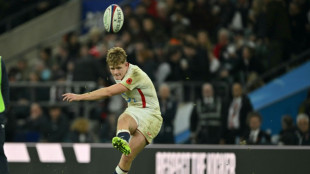
-
 NASA acknowledges record heat but avoids referencing climate change
NASA acknowledges record heat but avoids referencing climate change
-
England rugby league coach Wane quits role

-
 Oil prices extend gains on Iran worries
Oil prices extend gains on Iran worries
-
European basketball pioneer Schrempf lauds 'global' NBA

-
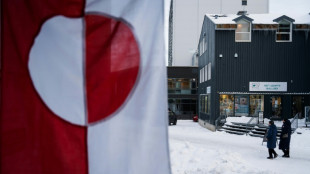 Denmark, Greenland in crunch White House talks as Trump ups pressure
Denmark, Greenland in crunch White House talks as Trump ups pressure
-
Mitchell hits ton as New Zealand down India to level ODI series
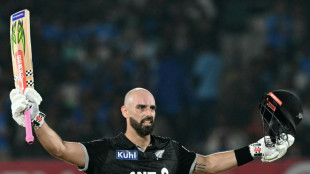

Dengue treatment advances in animal trials
A new dengue treatment that could become the first to prevent and treat the virus has proven effective in initial trials in monkeys, according to new research.
Dengue is transmitted by mosquitoes and affects tens of millions each year, producing brutal symptoms that have earned it the moniker "breakbone fever".
It is endemic in dozens of countries, but no treatment exists, and two vaccines that have been developed are not yet universally approved.
Two years ago, researchers published work showing a compound could effectively prevent the virus from replicating in cell cultures and mice by preventing the interaction between two proteins.
Now the team has refined the compound and tested it in both mice and monkeys, with "very encouraging" results, said Marnix Van Loock, lead for emerging pathogens at the Janssen Companies of Johnson & Johnson, a drug company.
In rhesus macaques, a high dose of the compound known as JNJ-1802 "completely blocked viral replication", he told AFP, while in control animals viral RNA was detected between day three and seven after infection.
In monkeys, the compound was tested against the two most prevalent of the four strains of dengue, and only for its preventative properties, rather than for treatment.
But it was tested for both treatment and prevention in mice, against all four types of dengue, with successful outcomes, Van Loock said.
Dengue can cause intense flu-like symptoms, and sometimes develops into a severe form which can be fatal.
Because there are four different strains, getting infected by one does not protect against another, and catching dengue a second time is often more serious.
Researchers have warned that a warmer, wetter climate which is more hospitable to mosquitoes is likely to increase the prevalence of viruses passed on by the insect.
With no treatment available, efforts currently focus on reducing transmission -- including by infecting mosquitoes with a bacteria.
A vaccine called Dengvaxia is approved for use only in some countries and is effective against a single strain.
A second vaccine, Qdenga, was approved last December for use by the European Union, and it has also been greenlighted by Britain and Indonesia.
There are still questions to answer about the treatment however, including whether it could increase vulnerability to reinfection.
When people contract dengue, the presence of the virus in their blood generally stimulates a potent immune response that protects them from future infection.
But in some people, the immune response is weaker and that leaves them vulnerable to reinfection, which can produce more serious symptoms.
It is not yet clear whether preventing or reducing viral replication could produce that same vulnerability to reinfection.
The researchers will need to submit safety data from their current phase of testing before moving ahead with further trials involving humans, including field studies in areas affected by dengue.
Van Loock was reluctant to speculate on when a treatment might realistically be deployable.
"We are guided by the science and the data that we generate to really answer that question," he said.
S.Barghouti--SF-PST

